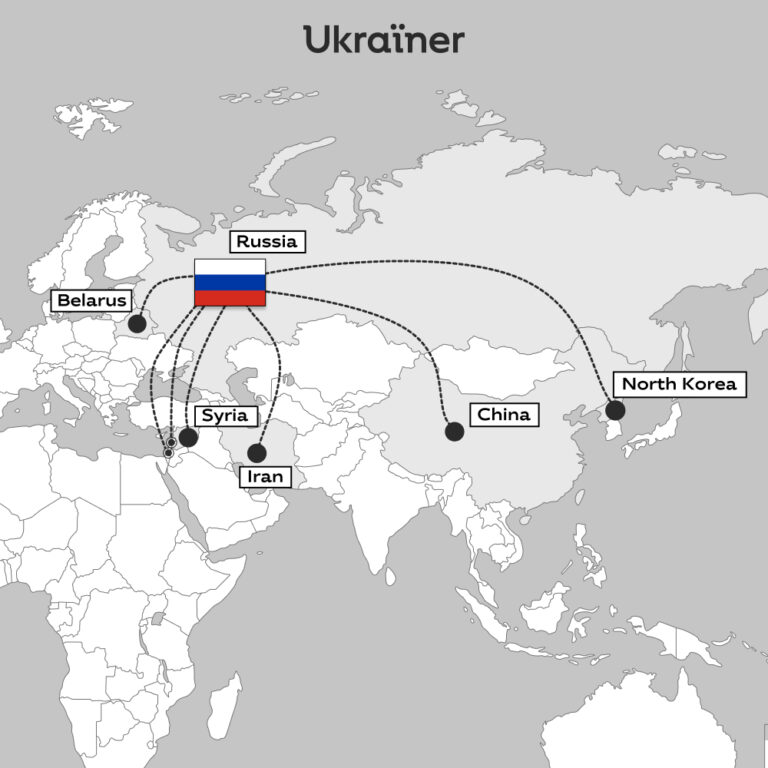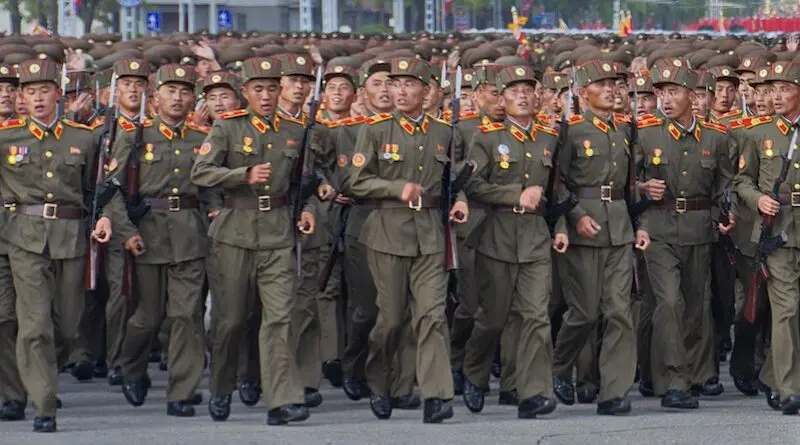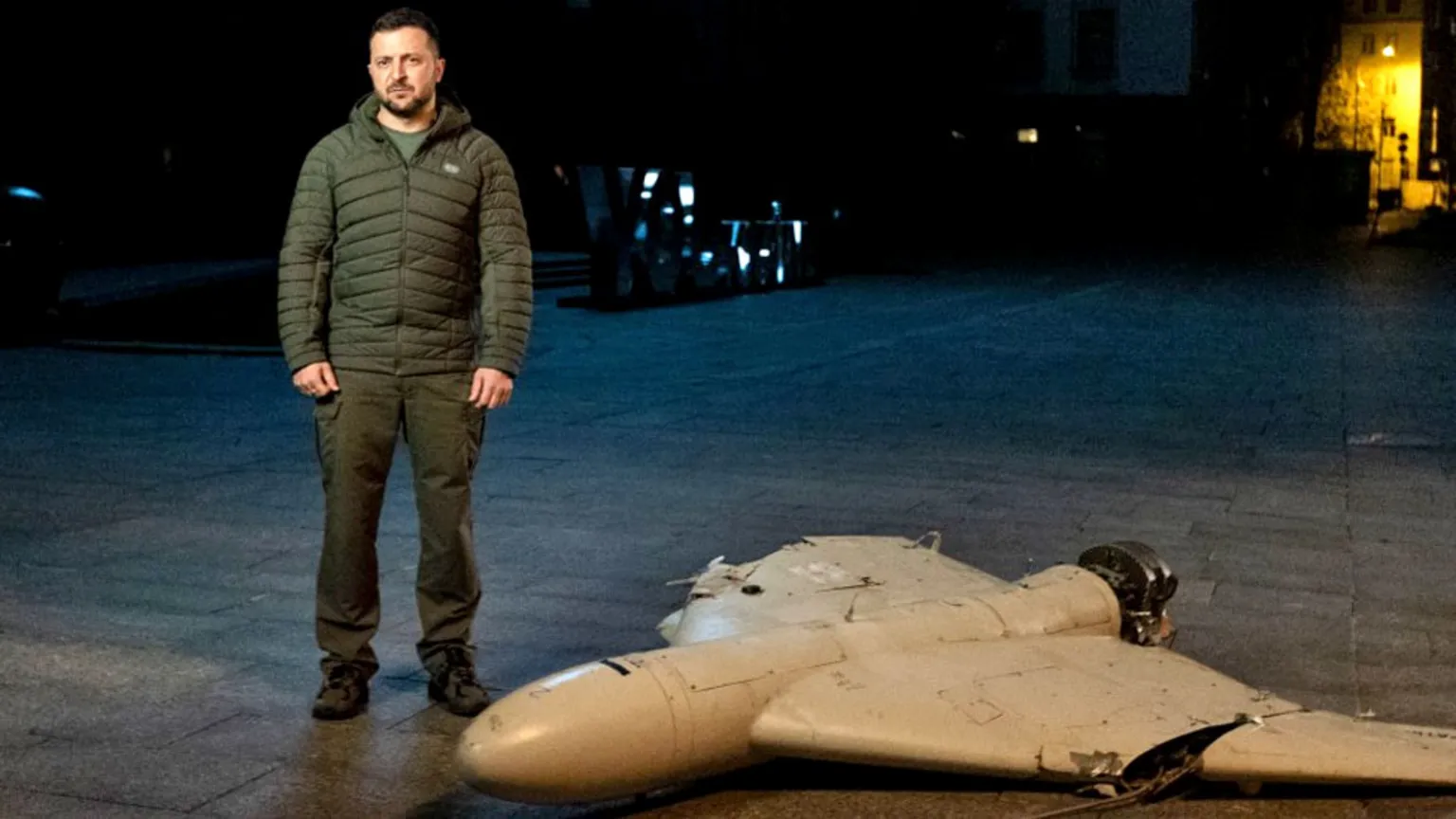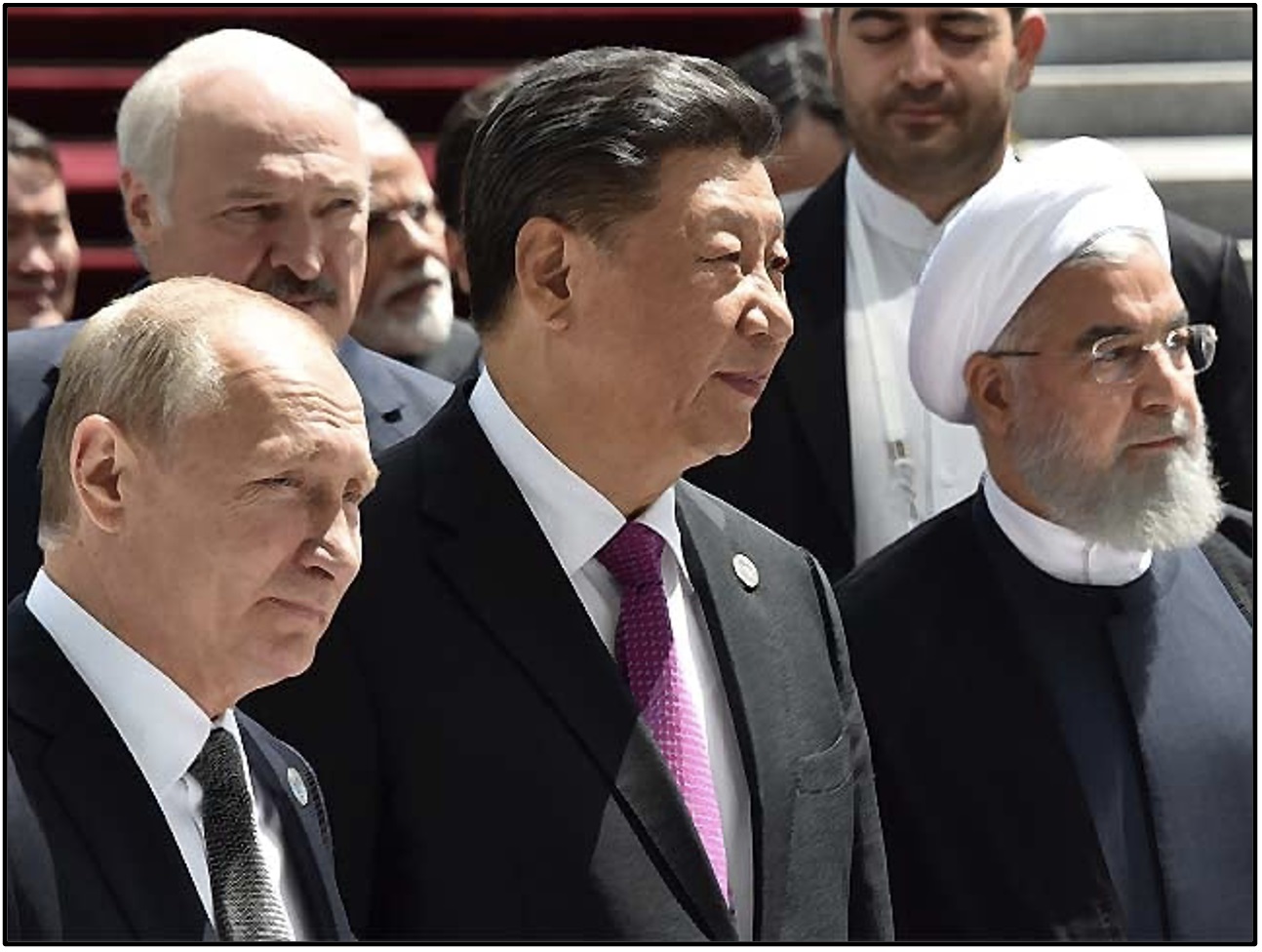
The partnership between Russia and various autocratic regimes, as well as terrorist organisations, dates back to Soviet times. Since the 1960s, the USSR relied on disinformation and proxy groups to destabilise the West while fueling conflicts in the Middle East and Africa. Notably, the Kremlin backed terrorist factions, including parts of the Palestine Liberation Organization, which carried out numerous hijackings and bombings in the ’60s and ’70s.
Modern Russia actively provides military support to some of the world’s most notorious regimes, such as those in Syria and Iran, engages in oil smuggling schemes, and helps internationally recognised terrorist groups and criminals evade sanctions.
Despite warnings from military experts, intellectuals, politicians, and intelligence agencies about a new “axis of evil” uniting Russia, Iran, North Korea, China, and Islamist organisations, much of the world continues to turn a blind eye, treating these threats as someone else’s problem. History seems to be repeating itself, with all the signs of an aggressive coalition poised to challenge the democratic world emerging, yet the response remains one of appeasement.
North Korean troops and weapons in Ukraine
South Korea’s spy agency has recently confirmed that North Korea is sending troops to fight in Ukraine. According to Ukraine’s Defense Intelligence Directorate (GUR), nearly 11,000 North Korean infantry troops are currently training in eastern Russia to join the attacks against Ukrainians. The recent reports state that North Korean troops are already beginning to desert their positions.

Photo сredit: Uwe Brodrecht, Wikipedia Commons
Additionally, North Korea has been supplying Russia with artillery shells and other military equipment, solidifying their growing partnership. North Korea has also publicly expressed strong support for Russia’s crimes in Ukraine, further deepening the alliance between the two countries.
Russia and Iran’s military cooperation
Russia and Iran have long been close allies, coordinating with terrorist groups in the Middle East. In 2022, their partnership tightened when Iran started supplying Russia with artillery shells, tank ammunition, and Shahed drones, which almost daily target Ukrainian civilians and infrastructure. Recently, this support has escalated to include more lethal ballistic missiles.

Volodymyr Zelenskyy and Iranian Shahed drone. Photo: Office of the President of Ukraine
According to Bloomberg, former acting director general of Israel’s Ministry of Strategic Affairs, Shay Har-Zvi, stated that Russia is expected to supply Iran with fighter jets and advanced air defence systems. Moscow is also assisting Iran in cyber warfare, intelligence sharing, and launching spy satellites.
The partnership between Bashar al-Assad and Russia
In 2015, Russia invaded Syria and provided crucial support to Assad’s and Iranian-backed ground forces, enabling the Syrian dictator to regain significant territorial control and helping solidify his hold on power. For nearly a decade, Russia and Assad have been committing atrocities against civilians, yet these crimes have been underreported and even normalised.
Russia’s assistance to Hezbollah and Hamas
Russia has been involved in fighting alongside Iranian-backed Hezbollah and is allegedly providing military support to Hamas. Numerous high-level meetings between Kremlin officials and both groups have been reported.

Photo: Hani Alshaer/Getty Images
While Russia’s role in the October 7 attack on Israel is still disputed, The Washington Post and other sources reported that Hamas received millions of dollars through a Moscow-based cryptocurrency exchange, Garantex, before the attacks. This funding may have played a significant role in facilitating the group’s operations, as cryptocurrencies have been a known channel for bypassing sanctions and financing terror groups.
The role of Belarus in the war against Ukraine
In the initial phase of the full-scale war in 2022, Russian troops launched their invasion of northern Ukraine, including the assault on Kyiv, from Belarusian soil. Belarus also actively supports Russia’s war against Ukraine by facilitating forcible deportations, hosting Russian nuclear weapons, and allowing missile launches from its territory.
While Belarus has not officially deployed its own troops into Ukraine, it has offered logistical support to Russian forces, including repair and resupply efforts for military equipment. This logistical assistance has helped sustain Russia’s prolonged war effort.
How China helps Russia
One significant way China aids Russia is by supplying drones and a variety of military equipment categorised as non-lethal gear, including medical kits, meal kits, and body armour. China also helps Russia evade sanctions by granting access to its financial systems, providing critical technology, and increasing trade. These actions bolster Russia’s war capabilities, allowing it to continue its attacks on Ukraine.
China has also provided Russia with diplomatic cover on the global stage. It has not condemned Russia’s actions in Ukraine and has consistently opposed Western sanctions against Russia. In key international forums, such as the United Nations, China has either abstained from resolutions condemning Russia or voiced opposition to measures aimed at isolating Moscow.

Photo: Global Taiwan Institute / Express Tribune, July 15, 2020
The primary duty of any government is to ensure the security of its citizens. Even if voters aren’t demanding stronger defence measures, it remains the responsibility of leaders to protect the nation against hybrid or direct attacks.
Ignoring the threats posed by Russia and its allies will provide neither security nor peace.

